- Everyone over the age of 12 needs an Environment Agency License to fish for freshwater or migratory fish
- A two-rod trout and coarse 12 month license costs £30 with reductions for concessions (disabilities and over 65’s)
- You do not need a license to fish in the sea
Regardless of whether you’re a keen amateur angler or seasoned veteran, the chances are you need to purchase a fishing license in the UK. This is of course unless you’re only interested in sea fishing.
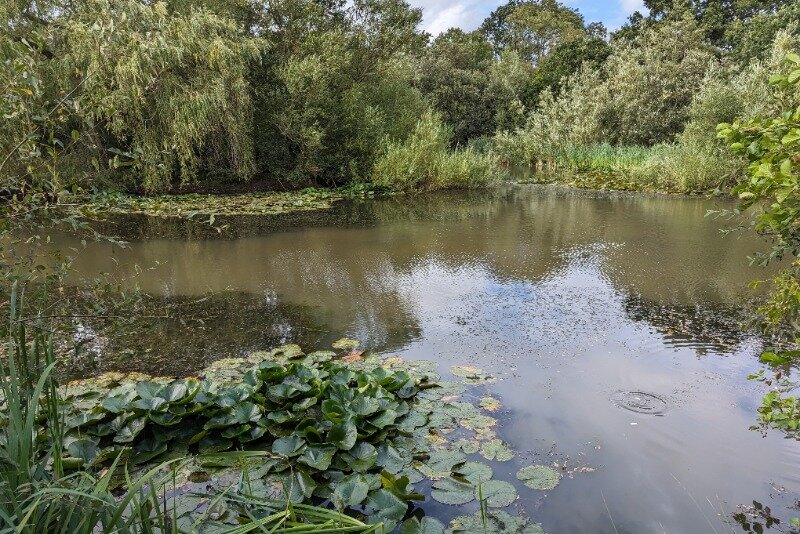
All freshwater and migratory fish angling requires a rod license so the Environment Agency can a) increase spending in line with the number of anglers in the UK and b) keep a tab on sport participation at the same time.
Your money is well spent and whilst you may not love paying for a rod license alongside day tickets or season permits, £30 is excellent yearly value. If you’re looking to start, our beginner’s guide to starting fishing in the UK is a great place to start.
Table of contents
Do I need a fishing license in the UK?
You need a fishing license in the UK if you are fishing for salmon, trout, freshwater fish, smelt or eel with a rod and line in; England (except the River Tweed), Wales and the Border Esk region, including the Scottish parts of the river.
If you’re fishing in Scotland and Northern Ireland there are different rules to follow. Scotland does not require a fishing license outside of the Border Esk region. You just need permission from the landowner or to be a member of an angling club. Northern Ireland requires a separate license specific to the Department of Agriculture, Environment and Rural Affairs.
The Border Esk – or River Esk – is a river in Dumfries and Galloway that traverses the Scottish / English borders at Cumbria, eventually flowing into the Solway Firth. Famed for its salmon fishing and because the river crosses the border it requires a license.
Can you fish without a license in the UK?
Yes you can fish without a license in the UK, but only if:
- You are under 13 (and accompanied by a license holder)
- You are fishing in the sea (and the land isn’t private property)
The vast majority of the UK coastline is freely accessible to fish. The primary exceptions are areas like piers that may be private property. And from the ages of 13-16 you need a license, but it’s free. Just be sure you follow the coarse fishing close season.
How much is a UK fishing license?
A standard 12-month fishing license costs £30, with concessions for those over 65 and those with disabilities. Junior licenses for ages 13 – 16 are free and those under 13 don’t need a license as long as they are accompanied by a license holder.
| License type | Trout & coarse: two rods | Trout & coarse: three rod | Salmon & sea trout |
|---|---|---|---|
| 1 day | £6 | n/a | £12 |
| 8 day | £12 | n/a | £27 |
| 12 months | £30 | £45 | £82 |
| 12 months: over 65 | £20 | £30 | £54 |
| 12 months: disabled | £20 | £30 | £54 |
| 12 months: junior (13 – 16) | Free | Free | Free |
How do I get a UK fishing license?
To get a UK fishing license the easiest way is to purchase one from the Environmental Agency through the government website. However, you can also purchase adult licenses:
- From the Post Office
- by calling the Environmental Agency
If you’re trying to get a junior license you can’t do so at the Post Office. You have to apply online or call the Environmental Agency directly.
If you have any questions you can email the EA directly at: [email protected]
How many fishing licenses are sold each year?
In the 2020 – 2021 season, there were 1,090,068 fishing licenses sold. a 15.8% increase from the previous year. This generated £24,583,342 of income for the Environment Agency, just under £4,000,000 extra compared to the 2019 – 2020 season.
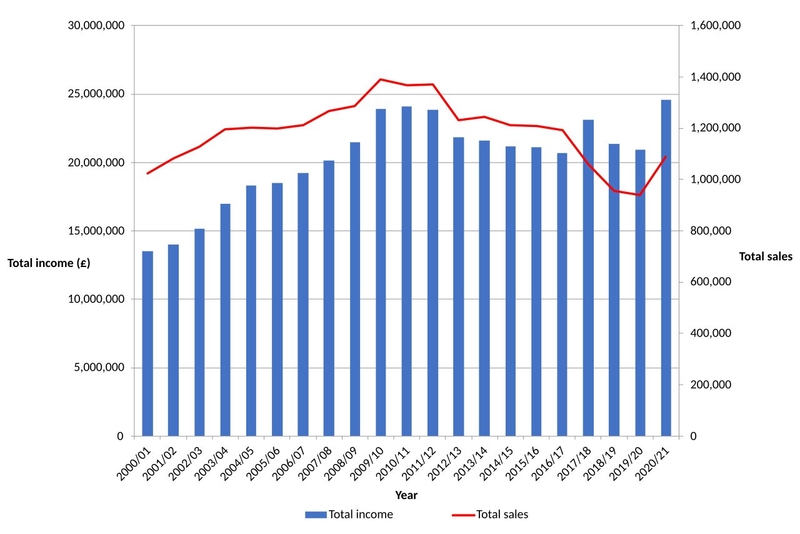
From 2000 up until 2011 fishing license sales and revenue increased steadily, showing encouraging signs of participation in the sport. Sales unfortunately regressed for the next six years with the 2017/2018 season being the one anomaly in an otherwise downward-trending decade. 2020/2021 saw the biggest year-on-year increase since records began, ultimately driven by the pandemic.
Where does my rod license money go?
You may be thinking why should I pay for a rod license? I already pay my taxes. What’s the Environment Agency ever done for me?
Well in this case (or ever) the Environment Agency isn’t here to cater specifically to you. The income received from rod licenses is pumped back into England and Wales’ fisheries. This includes:
- Putting in place legislation designed to protect fish species and the enforcement of said legislation
- Fisheries monitoring: disease control, species checkups, ecosystem evaluations
- Stocking and improvements to habitats and fishery development
- Fish rescues and species survival plans
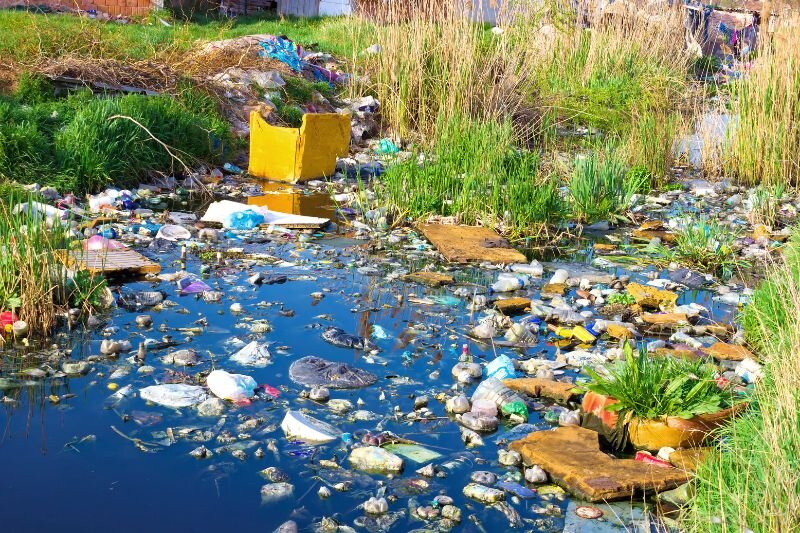
Whether you like it or not it’s important we as anglers pay these fees to ensure the continued improvement of our waterways and lake systems.
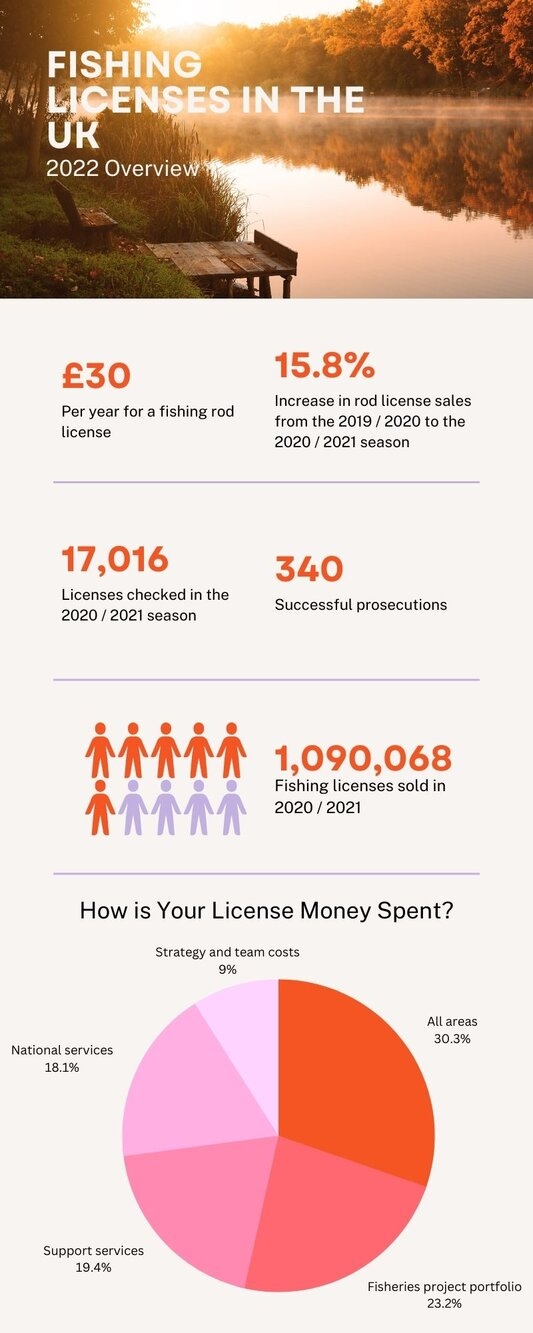
Fishing license concessions
Fishing license for the over 65s
Junior fishing license
Disabled fishing license
Fishing license for the under 13s
Types of fishing license in the UK
There are two primary types of fishing licenses you can buy in the UK that cover fishing in England and Wales.
Trout, coarse fish and eel license
This license lets you fish non-migratory trout and all freshwater fish. You can use one rod for non-migratory trout in rivers streams drains and canals or two rods for all freshwater fish (including trout) in reservoirs lakes and ponds.
Salmon and sea trout license
This lets you fish salmon, sea trout, non-migratory trout and all freshwater fish in three ways:
- One rod for salmon, sea trout and non-migratory trout in rivers, streams and canals
- Two rods for salmon, sea trout and non-migratory trout in reservoirs, lakes and ponds
- Three rods for freshwater fish
Can you sea fish without a license in the UK?
Yes, you can sea fish without a license in the UK. The vast majority of the UK coastline and waters are free to fish for recreational fishermen. The only exception(s) are when the coastline is on private land or, for example, a pier that is also privately owned.
A 2023 Guide to the UK fishing industry
What happens if you get caught without a fishing license?
If an Environment Agency bailiff or an otherwise authorised person asks to see your license and you fail to produce it you can be fined up to £2,500 and be at risk of obtaining a criminal record.
Earlier on this year an angler was caught fishing without a license at a caravan park in Norfolk and fined £433.
Do I need a rod license to fish on a private lake?
Yes, you need a rod license if you’re fishing in a private lake because you are fishing for freshwater fish. Regardless of whether you’re fishing rivers, canals or stillwaters you need a fishing license.
FAQs
How long does a fishing rod license last?
Fishing rod licenses have three primary formats – one-day licenses, eight days and 12 months. The standard format (that’s the best value) is the 12-month version.
When do I need to renew my fishing license?
A fishing license used to run from April 1st to March 31st each year regardless of when you purchased the license. Now it runs from 12 months starting from the day you purchased it.
Do I need to carry my rod license?
It is best practice to carry your rod license with you at all times. The email confirmation coupled with your ID should be enough to cover your tracks should you lose it, but it’s much safer to have it on you.
Hi, I'm Harry. A keen, albeit exceedingly average fisherman. I've spent the last few years trawling London's waterways with - if I'm being kind - varied success and would love to help you avoid the mistakes I have made.
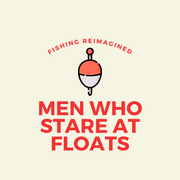
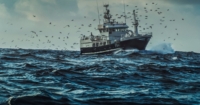






Can I get discount I’m unfit for work and on universal credits.